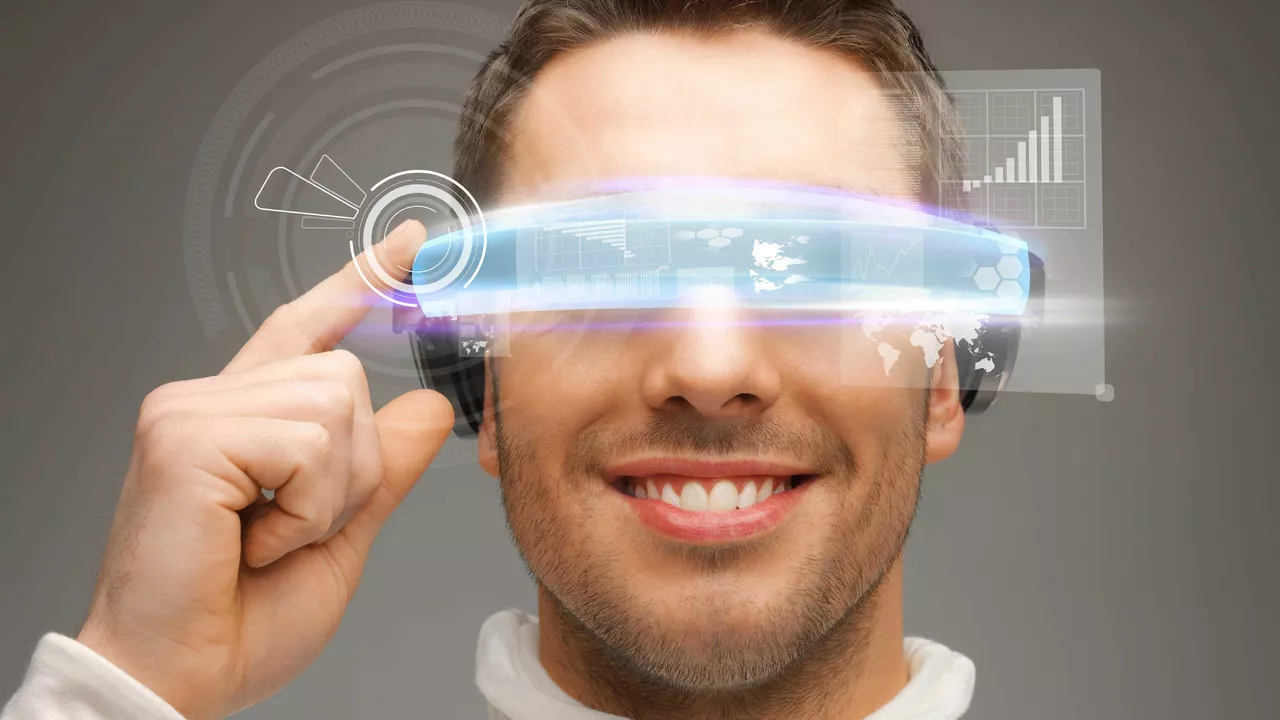Exploring the Latest in Artificial Intelligence
As a technology enthusiast, I am always fascinated by the rapid developments in artificial intelligence (AI). AI continues to take the world by storm, transforming various industries and our everyday lives in unprecedented ways. From smart home devices to autonomous vehicles, AI is everywhere. The latest advancements in this field are redefining the boundaries of what machines can do. Tech giants like Google and Microsoft are investing heavily in AI research, striving to make machines more intelligent and efficient.
AI is not only about creating smart machines but also about enhancing human intelligence. Today, AI is used in healthcare to predict diseases, in education to provide personalized learning, and in business to analyze consumer behavior. The potential of AI is vast, and we are just scratching the surface. With more research and development, we can expect to see even more innovative applications of AI in the future.
Breaking Ground with Blockchain Technology
Blockchain technology has gained tremendous attention in recent years, particularly in the financial sector. This technology, which forms the backbone of cryptocurrencies like Bitcoin, is being hailed as the future of secure, transparent, and decentralized transactions. But the potential of blockchain goes beyond cryptocurrencies. It can be used in supply chain management, voting systems, healthcare, and much more.
Blockchain technology holds the promise of revolutionizing many industries by providing a secure, decentralized way of recording transactions. This can greatly reduce fraud, increase transparency, and streamline processes. I am excited to see how blockchain will continue to evolve and reshape our world in the coming years.
Virtual Reality: Immersive Experiences Like Never Before
Virtual reality (VR) is another technology that has been making waves in recent years. VR has the potential to revolutionize entertainment, education, real estate, and many other sectors. With a VR headset, we can immerse ourselves in a completely different world, whether it's a video game, a historical event, or a virtual tour of a house.
VR technology is still in its early stages, but it's already showing great promise. As VR headsets become more affordable and content becomes more diverse, I believe VR will become a common part of our lives. It's an exciting time to be alive, witnessing the birth of this transformative technology.
Augmented Reality: Merging Digital and Physical Worlds
Augmented reality (AR) is a technology that overlays digital information onto the real world. Unlike VR, which creates a completely virtual environment, AR enhances the physical world with digital elements. From Snapchat filters to Pokémon Go, AR is quickly becoming a part of our everyday lives.
AR has enormous potential in various industries. In retail, for example, AR can allow customers to virtually try on clothes or see how furniture would look in their homes. In education, AR can bring learning to life by making it interactive and engaging. The possibilities are endless, and I am eager to see how AR will continue to evolve.
The Internet of Things: Connecting the Physical and Digital Worlds
The Internet of Things (IoT) refers to the network of physical objects—“things”—that are embedded with sensors, software, and other technologies for the purpose of connecting and exchanging data with other devices and systems over the Internet. From smart homes to connected cars, IoT is transforming our lives in numerous ways.
IoT has the potential to greatly increase efficiency and improve quality of life. For example, a smart thermostat can learn your schedule and adjust the temperature accordingly, saving energy and making your home more comfortable. I look forward to seeing how IoT will continue to develop and change the way we live.
5G: The Next Generation of Mobile Connectivity
5G, the fifth generation of mobile networks, promises to bring faster speeds, lower latency, and the ability to connect more devices at once. This technology is expected to revolutionize the way we communicate and interact with the world.
5G has the potential to enable a host of new applications, from autonomous vehicles to remote surgery. However, it also presents challenges, such as the need for new infrastructure and concerns about security and privacy. As we move into the 5G era, I am excited to see how this technology will transform our lives.
Quantum Computing: The Future of Computing
Quantum computing is a new type of computing that uses the principles of quantum mechanics. It has the potential to solve problems that are currently beyond the reach of classical computers. Quantum computers could revolutionize fields such as cryptography, optimization, and drug discovery.
Quantum computing is still in its early stages, and there are many technical challenges to overcome. However, the potential is enormous, and I am excited to see how this technology will develop in the coming years.






